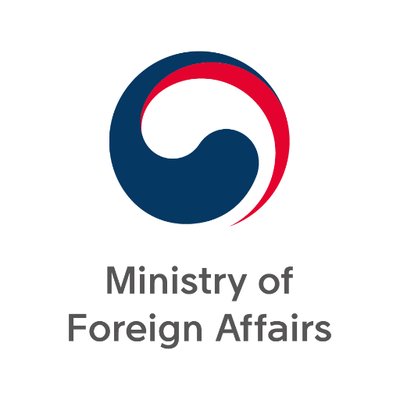Media literacy capacity-building for Western Balkan students tackling spreading mis/disinformation
The project focuses on increasing media literacy skills during the summer school organised for the students in the Western Balkans, to equip them to fight disinformation through the means closest to them: campaigns created by them for their peers. The increased media literacy skills contribute to critically questioning the information space, which is essential for the information health of the region of Western Balkans.
The main objective of the project is to increase the media literacy capacity of the young generation, namely students of various fields from all Western Balkans countries who will tackle biases that threaten democratic cooperation, social cohesion, and reconciliation in the region.
Disinformation spreads more easily in the Western Balkans as the region runs on chronically low media literacy levels. The low media literacy level is directly connected to biased reporting, the inability to identify disinformation, and prone to the adoption of propaganda views. Disinformation in the region of Western Balkan increases the political and societal tensions, often undermining the democratic processes and democracy itself. Low levels of media literacy and the region’s media space, which are frequently criticised for their ideological biases, lack of transparency, and susceptibility to political influence, all contribute to a climate that is conducive to the unregulated spread of misinformation.
An essential part of the project will be the creation of publicity campaigns created by the participants of the project to generate awareness of disinformation in the information space, especially focusing on the online information space tailored to the public in the Western Balkans.
The project highlights techniques that support critical thinking, comprehension of how media works and recognition of the signs of misinformation. Participants will learn about disinformation and hybrid threats in the Western Balkans, why is investigative journalism important, what the genre of reportage is and how can it be used for tackling disinformation, how disinformation can benefit the spreaders financially and how propaganda is sponsored. Participants will also learn about investigative research and open data investigations. In Addition, special training will be dedicated to security in the digital domain, digital security hygiene, and online harassment so participants will know what to do when targeted by bots, trolls, or cyberattacked by other malign adherences. Participants will also receive training on defining the target audience for their campaigns.
Project is funded by Visegrad Fund. More on: https://www.visegradfund.org/
Partners:
Strukovno udruženje sektora bezbednosti,
Fondacija Humanost u Akciji u Bosni i Hercegovini,
Strategic Analysis Think Tank,
Inštitut Državljan D, zavod za spodbujanje informacijske in medijske pismenosti


